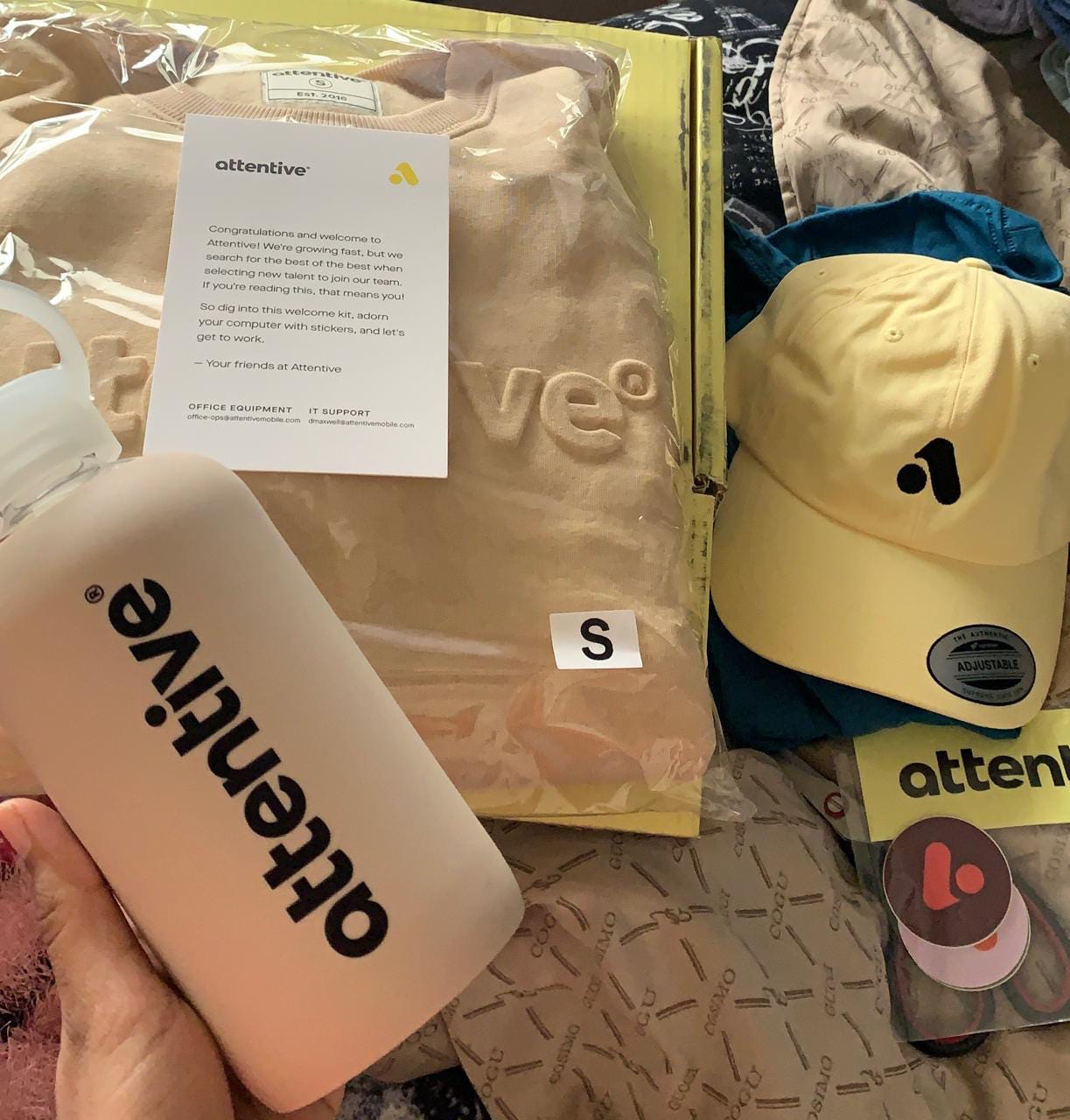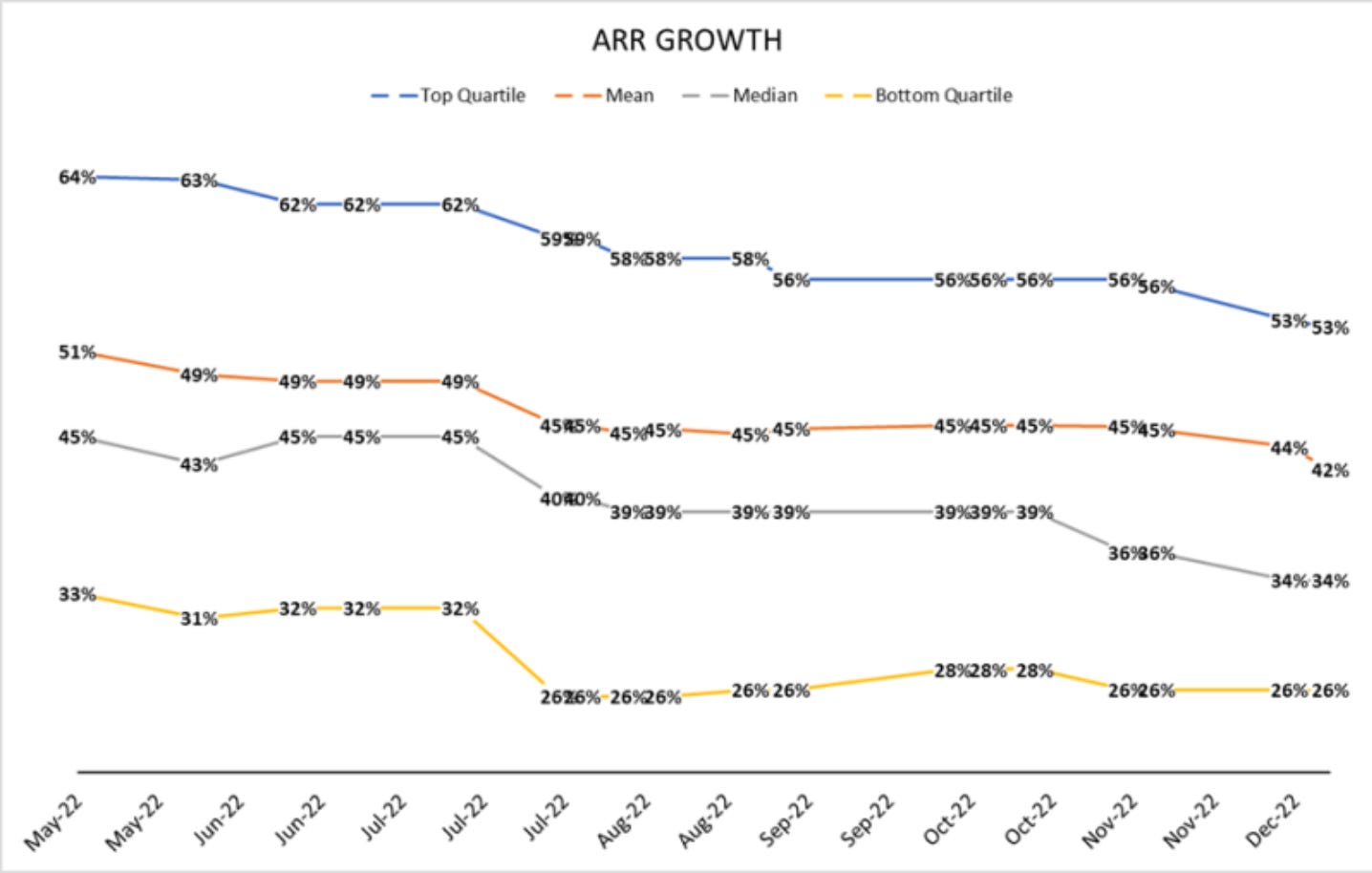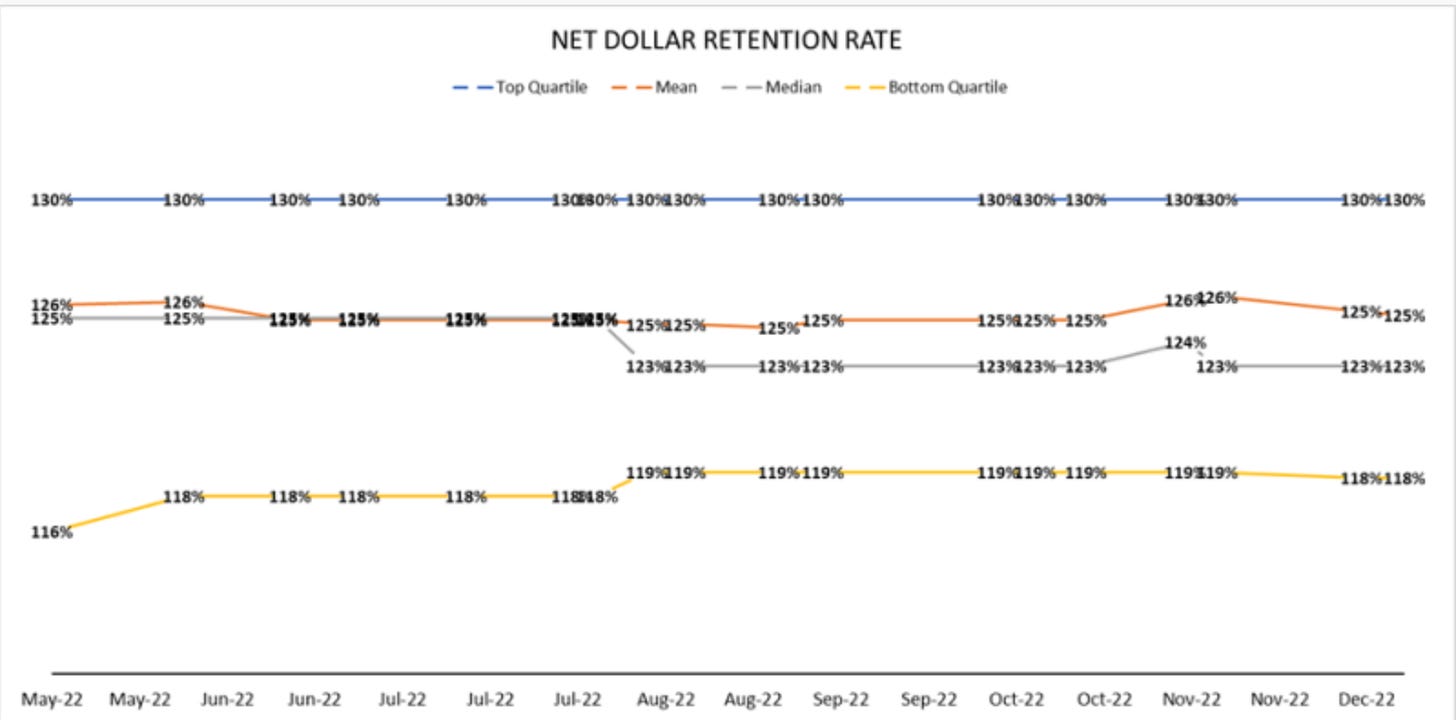Top of Funnel, Top of Mind #5: The First R in ARR
This week, I write about a different kind of CS than what we're used to in SaaS/AI - customer success! I dig into what the function stands for and why all founders should prioritise post-sales.
A fun fact about me is that I actually started my career in tech startups in customer success.
Around the tail end of my third year at university, I reached out to a CS strategist at Attentive, an AI-powered marketing tech platform built around personalized SMS and email communications – similar to a Klaviyo or Clevertap.
It was 2021, so the economy was reeling from both the pandemic and the startup fundraising boom. Back then, I had no idea what customer success was – I just knew I wanted to work in tech and that the VC (Sequoia Capital, of course) was an investor in Attentive. For 20-year-old Sameera, that was enough.
A series of interviews later, I secured my first full-time summer internship. I ended up enjoying the work and team so much that I worked part-time throughout my final year of college as well. If I had to pinpoint when my affinity for GTM organisations began, it was definitely my time at Attentive.

Now, four years later and on the “dark side” as a VC, I’ve realised more and more the importance of post-sales strategy and execution. While new deals are always (and should be!) lauded, founders should start thinking about their customer success function as soon as they close their first deal. After all, if you don’t have a CS flow post–deal-close, how can you ensure that your annual recurring revenue is actually recurring?
This week, I spent time diving into the importance of customer success and AI tooling that can be employed – or built – to support these processes.
I want to look at how:
Customer success is fundamental to GTM
AI has a critical role to play in making it scalable, proactive, and high-leverage
You can find a function like this in most product/tech-focused companies, but within the scope of this piece, I’ll be writing from a SaaS context.
What Does Customer Success Even Mean?
If revenue is a baton that is passed during the GTM relay race, think of Customer Success as the function who takes it over from Sales. If all goes well, CS closes the lap and (hopefully!) starts another one.
In plain words, customer success is everything that comes after a deal is signed. It’s the function that ensures customers achieve their desired outcomes using the product or service, leading to higher retention, satisfaction, and growth.
This could be everything from onboarding new customers onto the platform – onboarding calls are par for the course – to having technical team members getting in the weeds and co-building alongside customers. If you’ve heard the phrase forward deployed engineer or applied engineer, I would wager most fall into the post-sales/customer success bucket.
While some organisations often lump customer success together with support, CS is not limited to solving technical issues. It’s about guiding customers to long-term value. In the world of SaaS, that means making sure customers renew, expand, and advocate.
At its core, customer success owns five objectives:
Onboarding → All about helping new customers get up and running smoothly.
Adoption → Focuses on cultivating usage and engagement so customers realise value.
Retention → Reducing churn by identifying risks early and acting fast.
Expansion → Identifying upsell/cross-sell opportunities.
Advocacy → Turning happy customers into case studies, references, and champions.
In practice, I’ve seen Customer Success Managers (CSMs) touch all five. In edge cases where technical lift is required, a forward-deployed engineer (formerly known, less glamorously, as an implementation specialist) often steps in.
As AI takes root in revenue orgs, I suspect we’ll see the CSM role increasingly converge with the FDE, though that’s a separate article I want to write.
Sales often plays a supporting role during onboarding, providing context, while marketing typically gets involved during expansion and advocacy. A product marketer might join to showcase new features, while a content marketer might jump in to develop case studies.
The TL;DR on customer success is that this is the team that turns "closed-won" into "revenue that actually stays." This is the function that ensures the first R of ARR even exists.
Why Founders Should Care About Customer Success from Day One
Your first few customers shape your product, referrals, and roadmap. Losing them is more than just lost revenue; it’s a loss of growth, network effects, and tight feedback loops. Especially in the early stages of customer success, treat your smaller customer base as a well of insight. It's much easier to gather feedback when you're working with your first 10 customers than when you're managing your first 100 – so take advantage of that intimacy while you can.
When it comes to the importance of post-sales – and yes, I think about this often – I always come back to this article by HPE Pathfinder, Hewlett Packard Enterprise’s strategic venture arm.
In the piece, the Pathfinder team tracked and analyzed a cohort of public enterprise infra companies over the course of 2022 – when macroeconomic outlooks were trending downwards, largely due to erratic U.S. inflation rates – and companies were cutting costs.
What they found is that SaaS companies reflected the tightened budgets of their customers, likely trimming headcount via reductions in their sales and marketing orgs. In theory, fewer account executives mean fewer net new deals, and a resultant decline in 2022 ARR growth, which Pathfinder highlights.

However, for the same cohort of companies, net dollar retention rate – i.e., how well a business retains and grows revenue from its existing customer base – remained stable. What this means is that existing customers continued to renew contracts and even expand usage despite the downturn. This metric, also often referred to as NRR, is often owned by the customer success org – another reason why founders should prioritise this function.

What does this mean for startups, especially in the context of CS? Pathfinder’s team – shoutout to Domenic, who I spoke with in 2023 when I was exploring VC (!) – goes more in depth, but to summarise:
Early stage companies: Customer growth is needed to establish a strong base. This is where a CS org would come in, building a post-sales motion that expands current revenue while getting product feedback necessary to iterate on and build new features.
Mid-stage companies: A strong, uniform CS strategy is needed to encourage the progression from adoption to upsell. Upsells are also an efficient use of capital and time from a sales and marketing perspective and in the long term, will invite investor interest needed for growth-stage rounds.
Late-stage companies: Think pre-IPO. These SaaS companies likely already have a large customer base, but what they must have is a post-sales engine they can repeat across multiple business units within an enterprise, marking the shift from selling a point solution to a platform.
The ultimate lesson to learn here is that even in a downturn, existing revenue has the potential to grow. Customer success grows all the more relevant as a result.
Closing the Loop!
In the world of AI-powered SaaS, when products are evolving and buyers are more discerning than ever, CS is the connective tissue between product, sales, and the customer. Whether you’re just starting out or are at the cusp of being a centurion with close to $100M ARR, this is the function to invest in if you want continuous growth.
Frankly, I have more to say about how customer success is going to evolve (especially with AI) so I’m planning on writing a second post on CS for next week, focussing on what a founder’s post-sales stack should look like and what AI solutions need to be developed for these teams. Stay tuned :)
If you’re building tooling for post-sales, or figuring out where CS fits into your GTM stack, I’d love to chat.This function has shaped how I think about SaaS and I’m excited to see what the next generation of tools looks like. As always, reachable on X, LinkedIn or email at sameera@blume.vc!






Great piece, Sameera. Curious - in early-stage SaaS, do you think founders should hire a generalist CSM early on, or wait to specialize between CS, support, and onboarding?